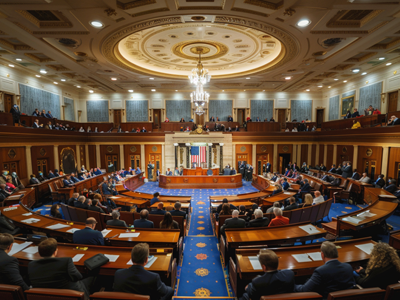The bill will allow HHR gambling in Greene County as other gambling bills remain in limbo
The Alabama Senate has approved a bill that could change the gambling landscape of the state. Senate Bill 298, sponsored by Senate Minority Leader Bobby Singleton, seeks to legalize historical horse racing (HHR) slot machines in Greene County.
This legislation allows for pari-mutuel wagering on historical horse races through computerized machines, offering a slots-like experience in a state where traditional slot machines are not permitted. The bill passed with a notable majority, indicating a shift in the legislative approach to gambling.
The essence of HHR is to enable betting on replays of past horse races, with the outcomes determined by a pari-mutuel system, where all bets are pooled and winners are paid out from this collective fund. This system mirrors the betting structure of live horse racing and could potentially attract a new demographic of gaming enthusiasts to Greene County.
The approval of this bill is particularly poignant, considering the closure of Greenetrack in February 2023 following a substantial tax ruling by the state supreme court. The new Greene County Entertainment Center, which focuses on simulcast dog and horse racing, stands to benefit from this legislation.
Senate Bill 298 also establishes the Greene County Racing Commission (GCRC), which will oversee the licensing and operation of these HHR machines. Licenses are valid for up to ten years and are available to entities that have been established in Alabama for at least five years. The bill stipulates an annual license fee of $25,000, with a tax rate of 4% on the total bets minus the payouts.
The journey of this bill is reminiscent of a similar proposal last year, which passed the Senate but did not succeed in the House. However, the current bill’s progress reflects a softening attitude towards gambling within the state’s legislative body. With the legislative session nearing its end, the bill now moves to the House for consideration, where its fate will be decided.
This development is part of a broader context of gambling legislation in Alabama, which has been cautious and complex. Other gambling-related proposals, such as sports betting and a state lottery, have not seen the same progress as the HHR bill. The outcome of Senate Bill 298 could set a precedent for future gambling initiatives in the state.

